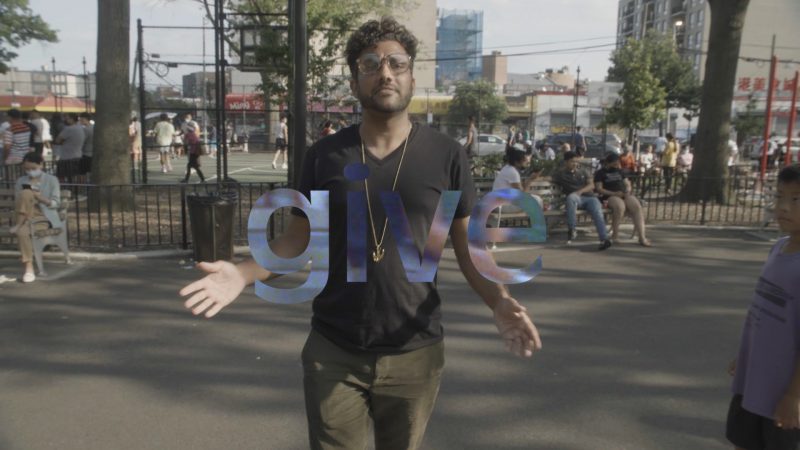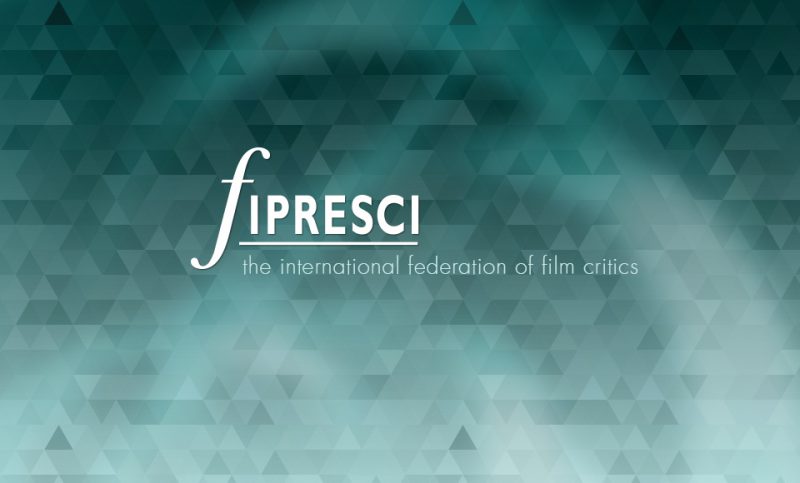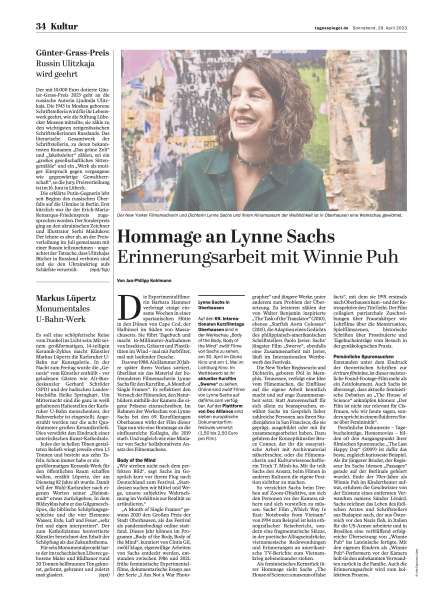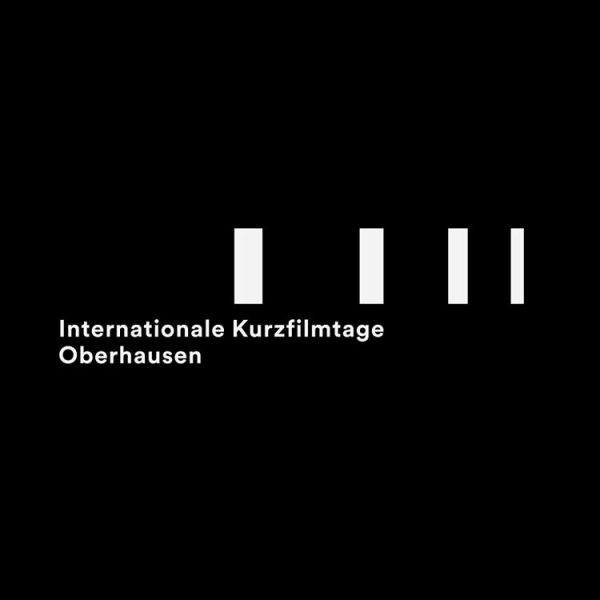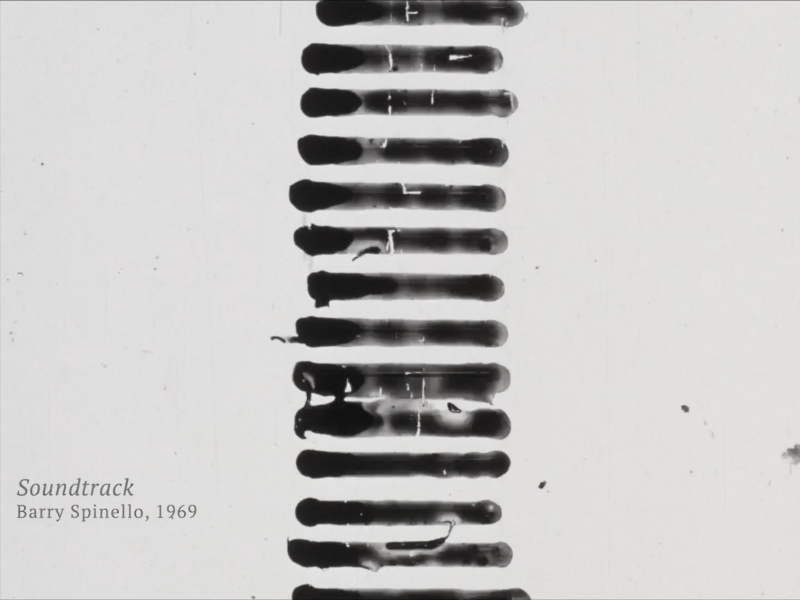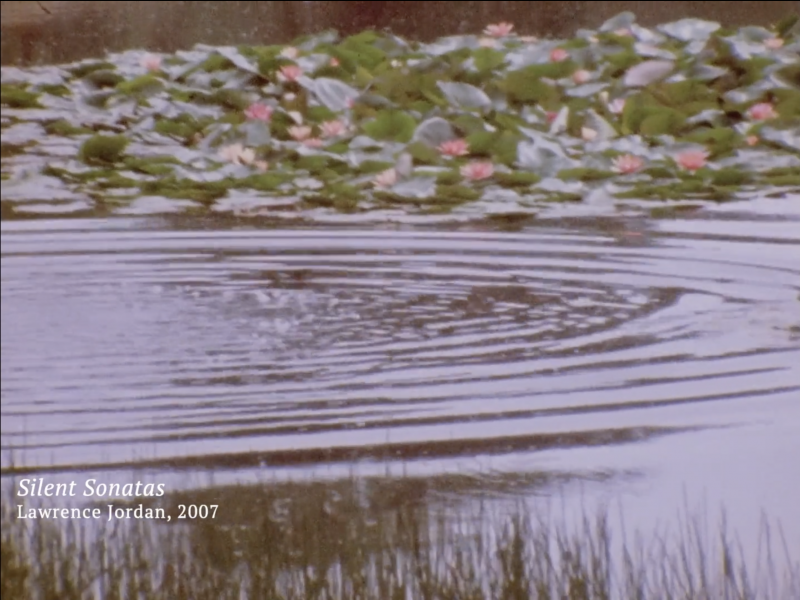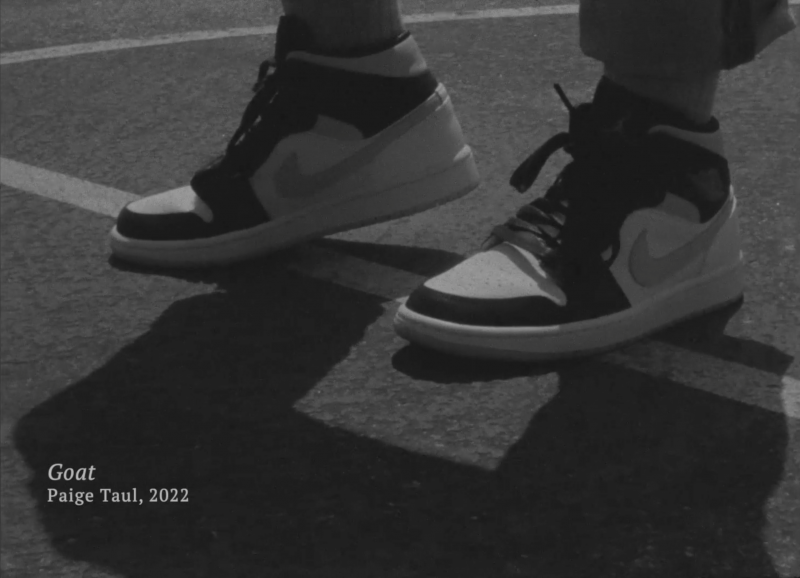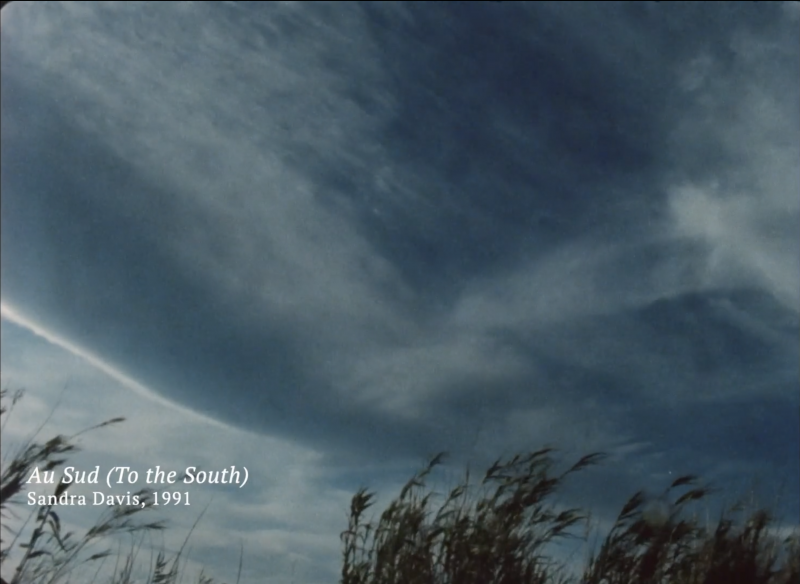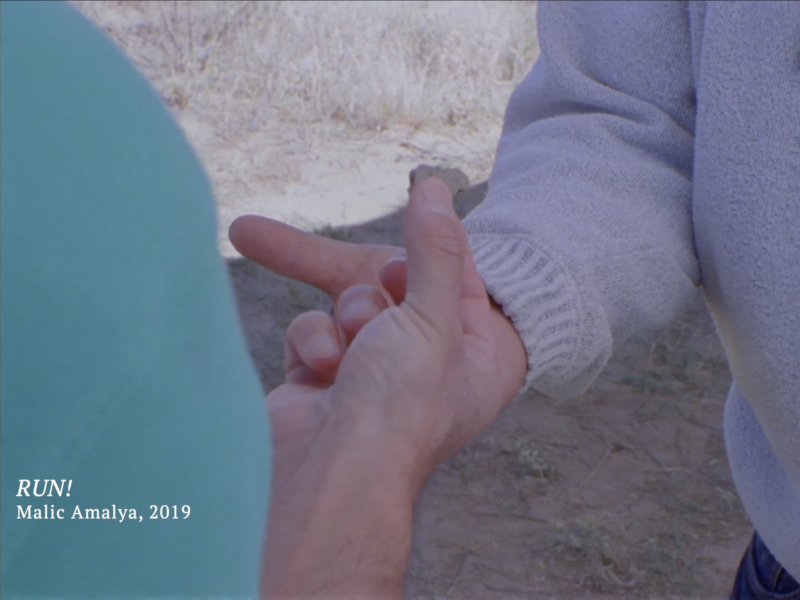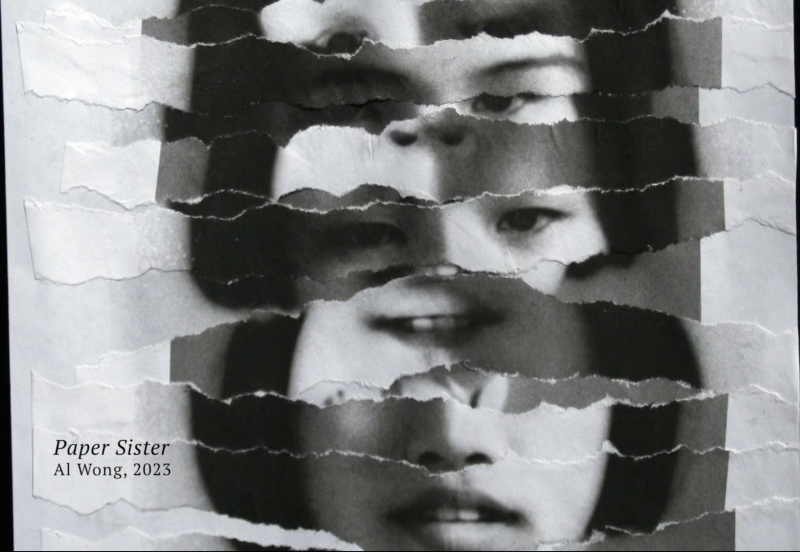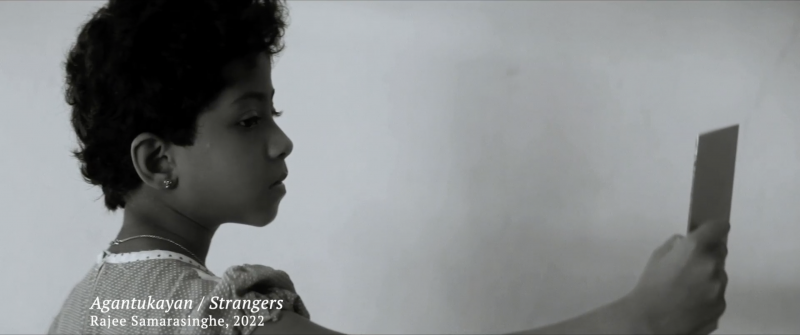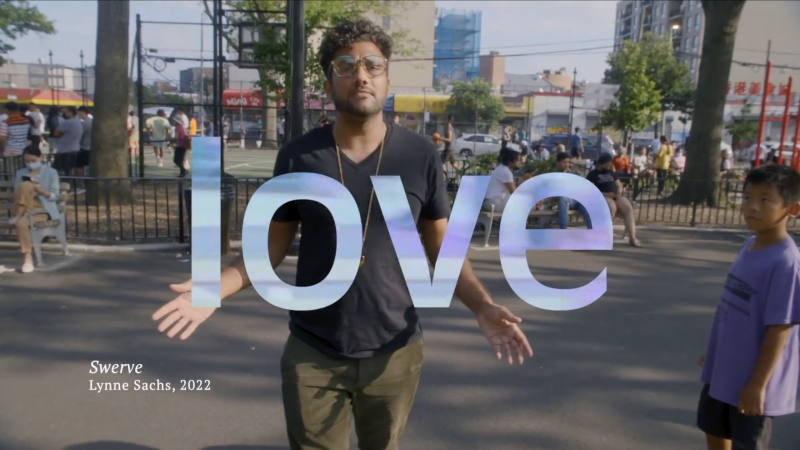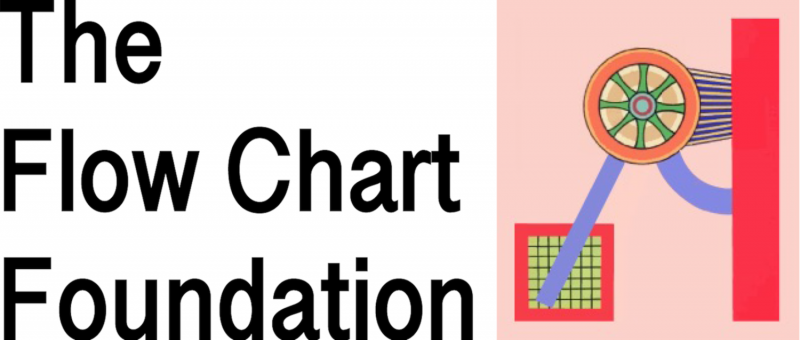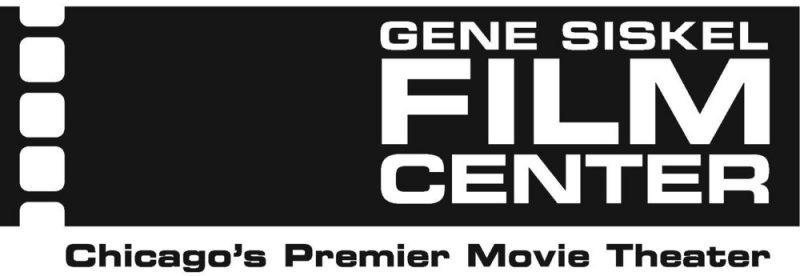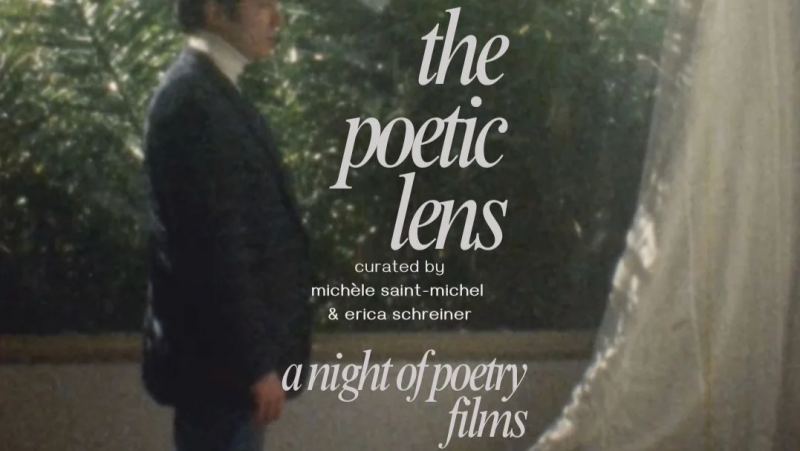
https://www.millenniumfilm.org/event-details/the-poetic-lens
“The Poetic Lens” at Millennium Film Workshop
Celebrating Experimental Cinema Curated by Michèle Saint-Michel and Erica Schreiner
BROOKLYN, NY — Millennium Film Workshop presents The Poetic Lens, a vibrant showcase of new and recent poetry films by Lynne Sachs, M.M. Serra, Peter Todd, and many more artist filmmakers. Curated by artists Michèle Saint-Michel and Erica Schreiner, this special event will be held on January 18, 2025, at 8:00pm (doors at 7:30pm) at Millennium’s Brooklyn space, with a live simulcast for viewers worldwide.
About the Curators
Michèle Saint-Michel is a poetry filmmaker and intermedia artist whose work explores loss, desire, and more-than-human ecologies. Her films have screened at international festivals—including the Manchester International Film Festival and the Cadence Poetry Film Festival—and her installation work has appeared in galleries around the globe. She has authored four books, leads the monthly Artist Film Club, and programs film at Millennium Film Workshop.
Erica Schreiner is a New York–based video and performance artist known for shooting on VHS to create allegorical, ethereal pieces. She manipulates found objects and builds elaborate sets, producing surreal films that engage femininity, anarchistic themes, and ritual. Her work has been exhibited internationally, including at MoMA, MoMA PS1, SHOWstudio, and Hugh Lane Gallery.
A Showcase in Experimental Poetic Cinema
From 750 submissions (500 formally reviewed), 35 standout films will screen in a 2.5-hour main program, with an additional 30 works displayed in the Gallery space. Often blending verse with experimental cinematography, poetry film creates immersive, dreamlike works at the intersection of literature, performance, and contemporary art.
Event Details
Name: The Poetic Lens
Date & Time: January 18, 2025, at 8:00pm (doors at 7:30pm)
Location: Millennium Film Workshop, Brooklyn, NY
Simulcast: Streaming live for virtual attendees
Program: 35 selected films in the main showcase; 30 additional works in a Gallery loop
About Millennium Film Workshop
Since 1966, Millennium Film Workshop has been a cornerstone of the experimental film movement—offering resources, workshops, and screening opportunities to filmmakers pushing cinematic boundaries. Building on its storied history, Millennium continues to cultivate powerful new voices in independent film and remains an influential hub for creative collaboration.
Program Details
Program I (60 minutes)
1. 20 Settembre (September, the 20th) | Camilla Salvatore | 9:08
2. fuck you | Lucy Swan | 1:05
3. Swerve | Lynne Sachs and Paolo Javier | 7:22
4. Bridge | Adam E. Stone | 2:00
5. For A Memory | Joseph Cash | 2:07
6. Artificio Marie | Fages 0:57
7. a spoon | Peter Todd | 2:00
8. Turner MM Serra 3:00
9. Our Summer Made Her Light Escape | Sasha Waters | 4:30
10. ZAMI Laila Annmarie Stevens 3:57
11. If the edges start to hurt | Emma Piper-Burket | 3:44
12. Insomnia Alexandra Isakova | 2:34
13. A postcard to Eva Heerlein | Bruno Villela | 2:25
14. How to Film a Sigh | Claire Kinnen | 1:00
15. Goodbye: A Ritual | Erica Schreiner | 7:00
16. Aletheia Anushka Jasraj | 2:22
17. The Quest Michèle Saint-Michel | 5:00
Program 2 (68 minutes)
1. kāua – we (you & i) | Rachel Nakawatase | 2:15
2. Song of the living rocks | Stephanie Sant | 7:52
3. We Were Once Here | Sarah ElMasry | 5:13
4. Only Maxine Z, Flasher-duzgunes | 1:30
5. Zero Mike Stubbs | 6:04
6. Nothing is Something | Amina Gingold | 2:18
7. Mare del bisogno, Cassandra | Giorgia Console | 3:00
8. Underneath | Danielle Vishlitzky | 5:15
9. 8 Curadores | Federico Barabino/Adelina Ducos | 2:31
10. Align Cherie Naito 4:50
11. Somewhere Real | Kate Solar | 5:00
12. A’mantia Gamze Şanlı | 4:00
13. Tale from the roof | Maria Gost | 01:23
14. Light Fragments | Satomi Asakura | 6:31
15. HOMECOMING | Ash (ley) Michelle C. | 2:14
16. Deer Children | Tommy Becker | 3:14
17. Lila Katze (Purple Cat) | Josua Graf | 4:46
18. Bright day | Andrey Ryzhkov | 1:00

